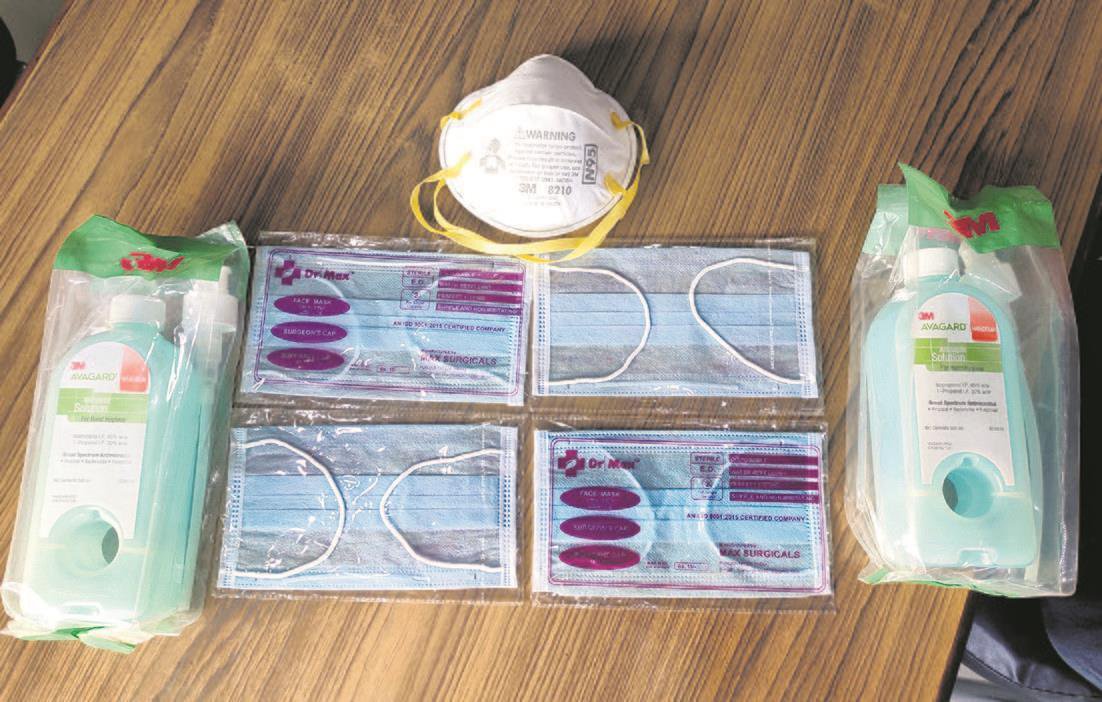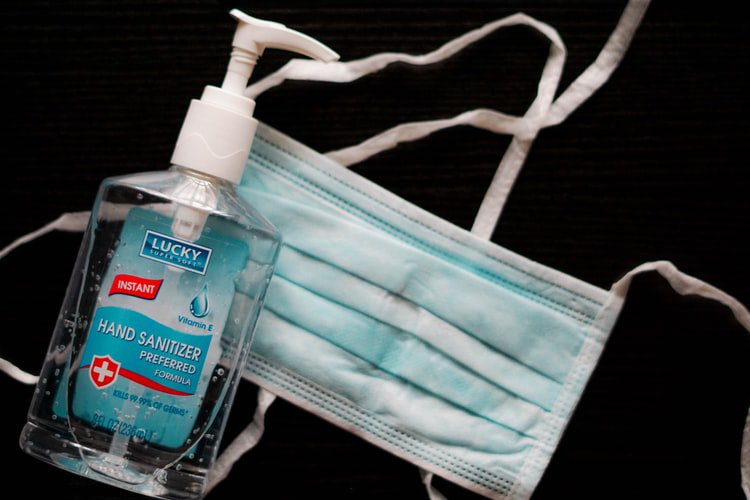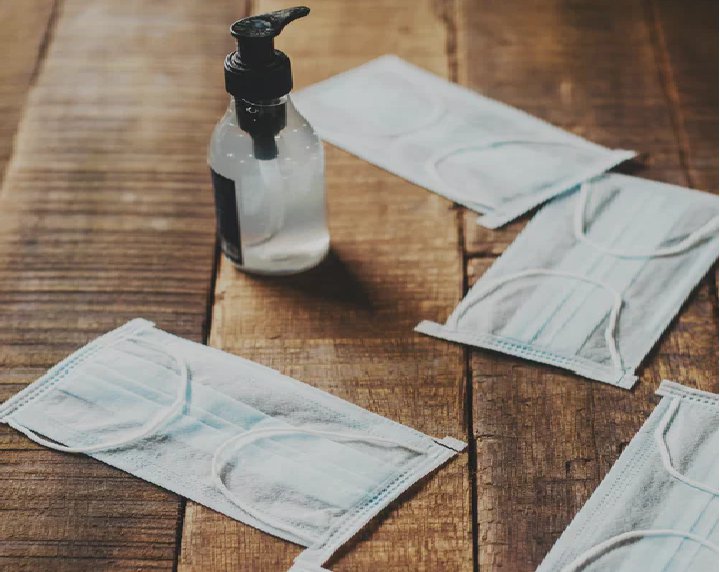The Centre has removed masks and sanitisers from the purview of the Essential Commodities Act, due to the absence of reports of shortages of such items from anywhere in the country.
As masks and sanitisers remain the first line of defence to prevent the spread of the coronavirus disease, the items were brought under the purview of this law in March when demand for them outstripped supply, with an eye on capping prices.
Govt removed masks, sanitisers from essential commodities list against manufacturers’ advice https://t.co/oH2WZktIoY via @indiatoday
— Sonty Bajaj 🇮🇳 🏳️🌈 (@sontybajaj) July 8, 2020
Consumer Affairs Secretary Leena Nandan said on Tuesday, as the supply of sanitiser and mask is sufficient in the country, therefore, they are now kept out of the purview of the Essential Commodities Act, 1955.
On March 13, the Union consumer affairs ministry had declared face masks and hand sanitisers as essential commodities for 100 days to boost supply and prevent hoarding of these items in its fight to check the spread of coronavirus.

Masks (2-ply and 3-ply surgical masks, N95 masks) and hand sanitisers were brought under the Essential Commodities Act, empowering states to regulate production, distribution and prices of these items and also crackdown on hoarding and blackmarketing.
The production and supply of masks and hand sanitisers were regulated as per the law and various states put price caps on them. Hoarding of any item declared as an essential commodity is an offence under the Act and can lead to imprisonment of up to seven years.

On June 30, Association of Indian Medical Devices Industry (AIMeD) in its letter written to the government said:
As the unlock process has started in India, masks and sanitisers are more in demand than earlier.
It said face masks should remain under essential services category for the next three to six months starting July 1.
Removal of essential products and related price caps may leave consumers exposed to possible retail price hikes of upto 10% over a 12-month period as per the DPCO and NPPA has a price monitoring mechanism to safeguard patients.

The order denotifying masks and sanitisers as essential items will have no bearing on the export ban. The Directorate General of Foreign Trade on March 20 banned exports of masks, textile raw material used for making them, and ventilators in view of the pandemic.
Abhishek Aggrawal, an analyst with commodities trading firm Comtrade, told Hindustan Times that if supply is equal to or more than demand, then there is no legal justification for treating any item as essential.

According to the critics, despite Centre claiming that there are enough supplies of the two commodities, there are still some hospitals that aren’t getting an adequate number of sanitisers.
With this new rule, the essential materials will once again be sold at a higher price, which will add to the ongoing crisis and patient bills. Unless these items are easily available in chemist stores at reasonable rates, its removal from the list of essential items is not the right step.

















